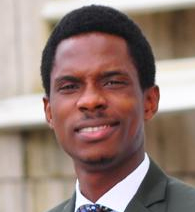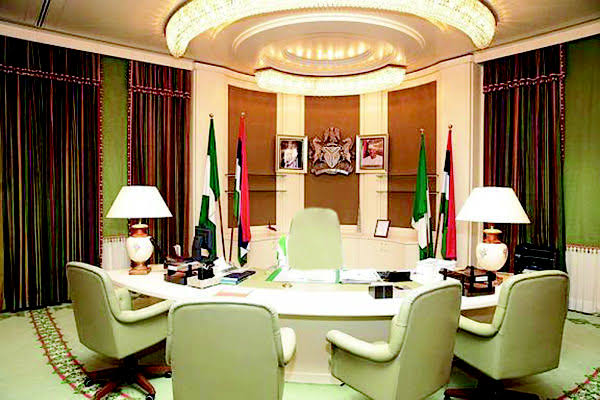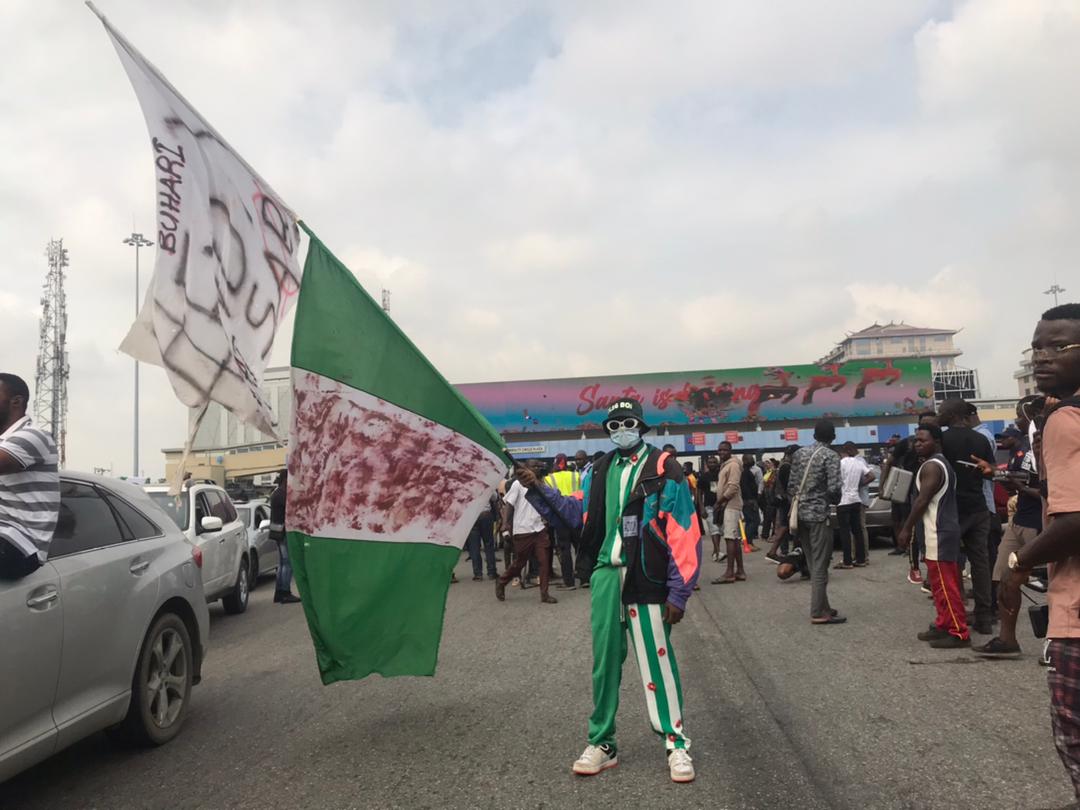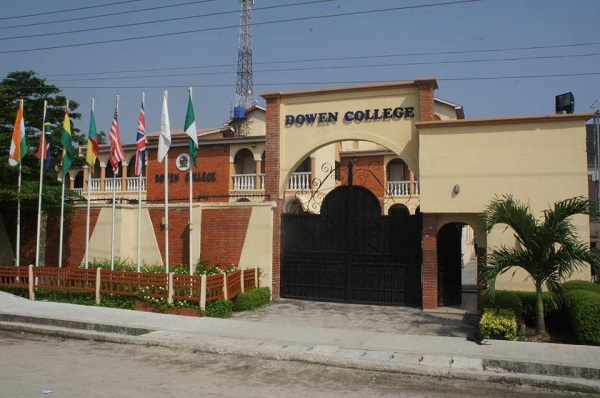How Nigeria ended up with a ‘first eleven’ that is anything but sterling would continue to beat many. In a cabinet of about 40 ministers, there is hardly any Nigerian outside the politics industry who can name 10 ministers and correctly state their portfolios. Whatever the success level of such an attempt, there is no doubt, whatsoever, that some names would be much more easily reproduced than others. Even if one is clueless as to the functions of the office or the activities of the minister, any informed Nigerian would know Malami, Fashola, Amaechi, Aregbesola and of course, Mohammed. Yes, Lai Mohammed – this country’s ‘Oga at the top’ in the ministry of information and culture. He may very well be the most famous government’s spokesperson since we opened the fourth chapter in our democratic experience. And he speaks for a government that promised miracles but has, instead, made a mess of the governance space.
The minister is not known to most Nigerians on account of his stellar performance on the job but for the gaping ridiculousness which often characterises his conduct. Many, if not most, have come to associate the personality of the honourable minister with everything that is not truth. It is often heard on the ‘streets’ and on social media that the minister lies too much. This is probably not true all the time, but the subtext is that one cannot trust what the minister says. And this is completely his doing. His rating by virtue of the amount of time he has been ‘dragged’ in recent times has improved. He is some sort of “man of the moment” in an undistinguished manner, often found in barren depths where public servants of his status should have nothing to do with. Speaking for a government that is encumbered with the long and arduous search for credibility anywhere it may be found, and misaligned with its acclaimed orientation is tough enough. Caution and tact with regard to sensitive issues should be ideal, but these are rarely seen in the government’s communication approach.
At this point, there is no one who can successfully attempt to convince most Nigerians that all is well with the honourable minister. There is a thin but distinct line between an attempt to be ingenious and sheer uncouthness and irresponsibility. It is sad that the minister has crossed this line one too many times. He did it during the Twitter ban episode. He did it again this past week. He, more than most, has caused more embarrassment to the Buhari-led administration that is in dire search of any goodwill it can get, particularly as it gradually approaches the lame-duck phase. It is hard to get that at home, so the government looks abroad. What they say about charity is well known. No serious person pays attention to what he says these days. The youth have had enough of him. Just last week, Nigerians in their tens of thousands signed a petition to demand the sack of the minister. Somewhere in their hearts, they know that may never happen. Malfeasance and mediocrity at the highest levels find some comfortable accommodation by this administration. The demand for his sack came on the back of the ‘release’ of the report by the Lagos state judicial panel of inquiry on restitution of victims of SARS-related abuses and other matters which ‘confirmed’ the government’s iniquity against its own citizens (mostly the youth) on the night of October 20, 2020, at the Lekki tollgate. Since the Lekki tollgate incident, Minister Lai Mohammed has gone to every length – some, understandable and most, unreasonable, to disprove what has been confirmed. He assumed the undignified role of gaslighter-in-chief. And it is on this score that he provoked the ire of young Nigerians, many of whom were intensely engaged with the real essence of the #ENDSARS movement. Many of his previous faux pas may be overlooked or forgotten but his inept crafting and conveyance of the government’s position on the Lekki tollgate incident may never be.
The implications of what the minister says or doesn’t say have far-reaching implications. He should know that. And he should be reminded that he speaks for an incumbent administration, not one in opposition to itself. Reacting to a report that hasn’t been officially released says a lot about the vapid disposition to the important affairs of state, if the temptation to be hasty and insensitive to the national mood on this matter, could not be overcome. A simple statement on the government’s readiness to critically study the report when it is officially received would have sufficed. At least, that’s in line with the disposition of the president who heads the government he speaks for. His principal was reported to have said: “We at the federal have to wait for the steps taken by the states and we have to allow the system to work. We can’t impose ideas on them. The federal government has to wait for the reaction of the states”.
Advertisement
If this is so, then, why the rush? It was needless, misguided and the shade of the minister’s reaction was most unfortunate. Ordinarily, those in search of truth should not be ashamed of criticism. Criticism can also be true in other forms. Feedback is a very integral element of the governance dynamics and those who avoid it are headed for the rocks. The minister’s conduct will be registered as a new low in the history of this country’s engagement with itself. But it is symbolic of much more menacing realities – the height of sycophancy, insouciance and disconnectedness we often find among those in the corridors of power. Nassir Ghaemi was making a sound point when he argued, in ‘A First-Rate Madness’, that “yes-men abound in the corridors of power. Once leaders attain power, the world gives them less and less realistic feedback, and they’re able to exert their own power to suppress or dismiss such unhappy reactions”. This bears some relevance in our unique situation. Our ‘first eleven’ is not a concourse of leaders or those who should be determined to help the ‘Big Man’ succeed but an association of yes-men to whom truth equals convenience.
For public-spirited young Nigerians, it is even more distressing when those who should ideally be models in public service are now the embarrassment that the country direly needs to be rid of. For all of its modest achievements, this administration is its biggest undoing, and with public officials like Minister Lai Mohammed waxing lyrical to defend the unconscionable, one cannot avoid the conclusion that the administration is beyond saving. All that’s left is endurance for the tougher days ahead until 2023 when the country can finally declare that it is free at last!
Advertisement
Views expressed by contributors are strictly personal and not of TheCable.







